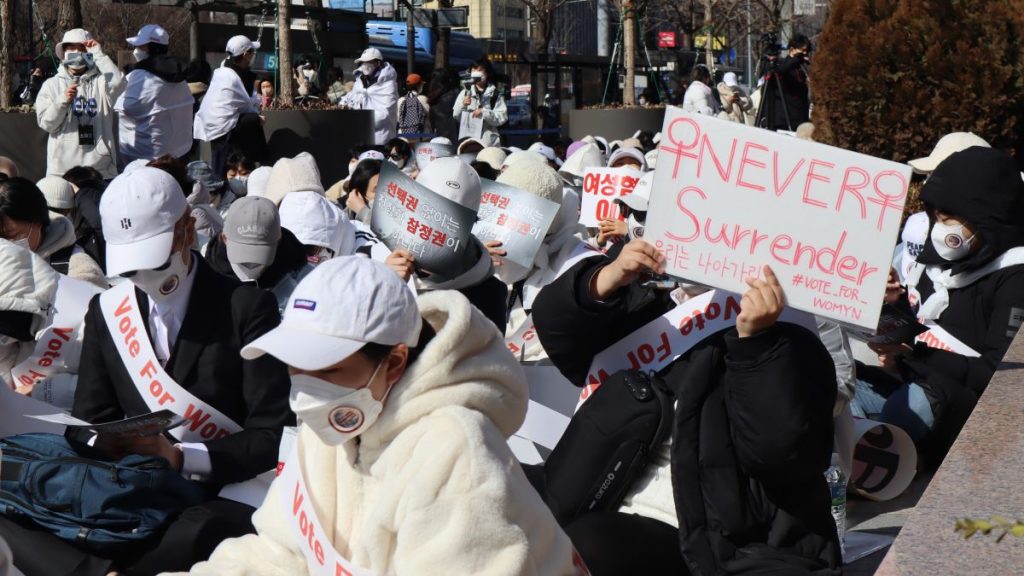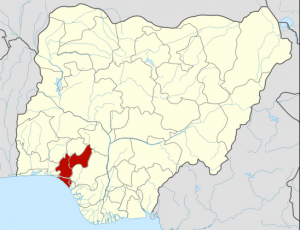How feminism became a hot topic in South Korea’s presidential election

Waving signs and wearing white sashes emblazoned with the words “Vote for Women,” they accused presidential candidate Yoon Suk Yeol of attempting to appeal to anti-feminists to garner support ahead of the election.”You don’t deserve to be a presidential candidate, Yoon,” the mainly female crowd chanted. “Go away.”The protest highlighted how heated South Korea’s gender war has become ahead of the country’s March 9 presidential vote, with both leading candidates wading into the issue to win over young voters who are increasingly split along gender lines. Facing a hypercompetitive job market and skyrocketing housing prices, anti-feminists claim the country’s bid to address gender inequality has tipped too far in women’s favor. Feminists, meanwhile, point to the country’s widespread sexual violence, entrenched gender expectations, and low female representation in boardrooms and in politics as examples of how discrimination against women is still rife.”In this election, feminism is not viewed as an issue, but rather a token,” said Kim, 27. “I was very angry that it was used as if it was going to get discarded afterward.”Yun, from Changwon National University, says if Yoon becomes president she expects feminists to face an even greater challenge for equality.”Since the abolition of the Ministry of Gender Equality and Family is one of the most important promises, I think that it will probably be implemented as a tangible action first,” Yun said.”In that case, I have a concern that gender conflict and women’s human rights may go further backward.”CNN’s Pallabi Munsi and Saeeun Park contributed to this report.




